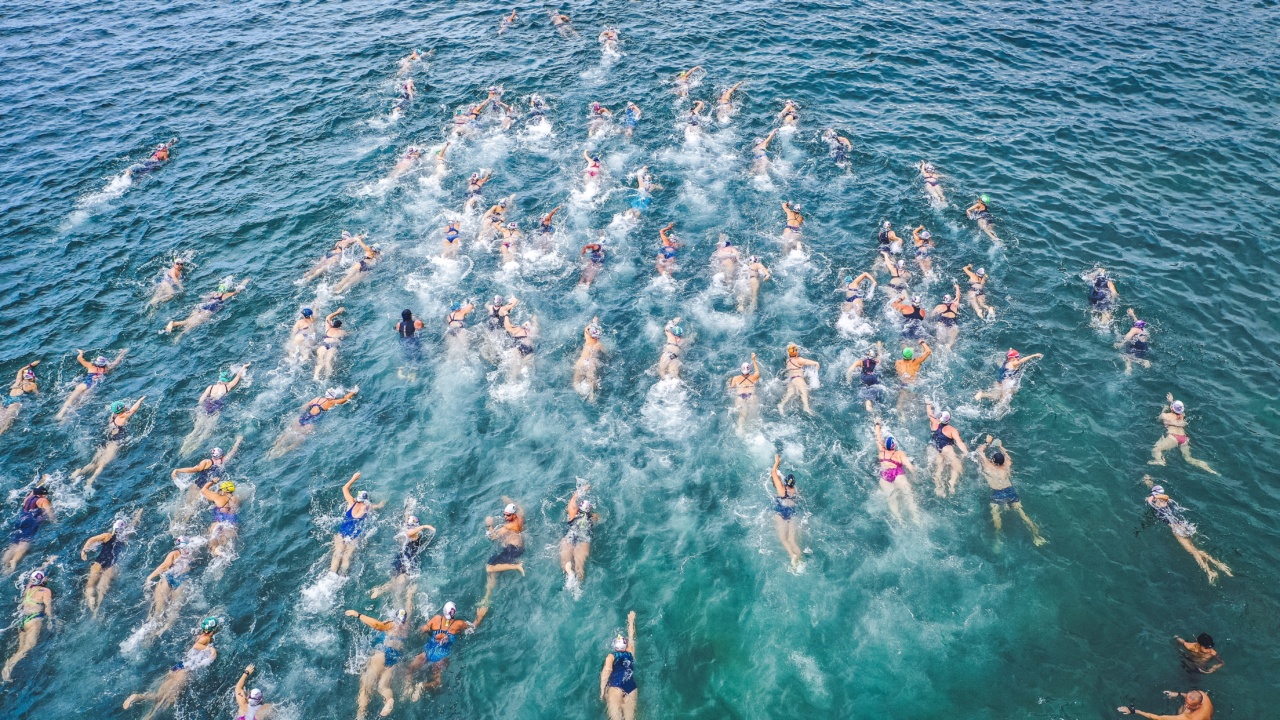Swimming is a great form of exercise and a life skill that everyone should learn. However, some people are reluctant to take the plunge.
Whether it’s because of fear, lack of confidence or simply disliking the water, there are ways to motivate the reluctant swimmer.
1. Identify the problem
Before you can motivate someone to swim, you need to identify the specific problem.
Is it fear of the water? Discomfort with the idea of getting wet? Concerns about drowning or injury? Once you know what the issue is, you can tailor your approach to address it.
2. Address the fear factor
Fear of the water is a common obstacle for reluctant swimmers. Often, this fear is based on a lack of understanding or experience with the water. To address this, start with small steps.
Encourage the person to dip their toes in the water or simply stand at the edge of the pool. Gradually increase the amount of time spent in the water until they feel comfortable.
3. Offer support and encouragement
Learning to swim can be a daunting task, especially for adults who may be embarrassed about their lack of ability. Offer support and encouragement throughout the process. Celebrate small victories and reassure the person that progress takes time.
4. Make it fun
Swimming should be an enjoyable experience. Incorporate fun activities and games into the learning process. For example, play “Simon Says” with swimming instructions or toss a beach ball back and forth to practice swimming strokes.
5. Set achievable goals
Setting achievable goals is a great way to motivate reluctant swimmers. Start with small, attainable goals and celebrate each success. For example, the goal might be to swim from one end of the pool to the other without stopping.
Once that goal is achieved, move on to the next one.
6. Consider private lessons
Some people might be more comfortable learning in a one-on-one setting. Consider private lessons with a swim instructor who can focus specifically on the person’s needs and abilities.
This can be especially helpful for those who are shy or have had negative experiences with group lessons.
7. Emphasize safety
For those who are concerned about drowning or injury, emphasizing safety can be a powerful motivator. Make sure the reluctant swimmer understands the basic safety rules of the pool or beach.
Encourage them to wear a life jacket or other flotation device if necessary.
8. Create a supportive environment
Creating a supportive environment is key to motivating reluctant swimmers. This might mean finding a supportive friend or family member to come along to lessons or joining a group of other beginner swimmers.
Having a support system can make all the difference.
9. Don’t push too hard
While it’s important to encourage and motivate, it’s also important not to push too hard. Learning to swim takes time and patience, and everyone learns at their own pace.
Pushing too hard can lead to frustration and even a complete shutdown of the learning process.
10. Celebrate success
Finally, celebrate success. Whether it’s a small victory like dipping their head underwater or a major milestone like swimming a lap of the pool, take time to celebrate each success. Positive reinforcement is a powerful motivator.






























